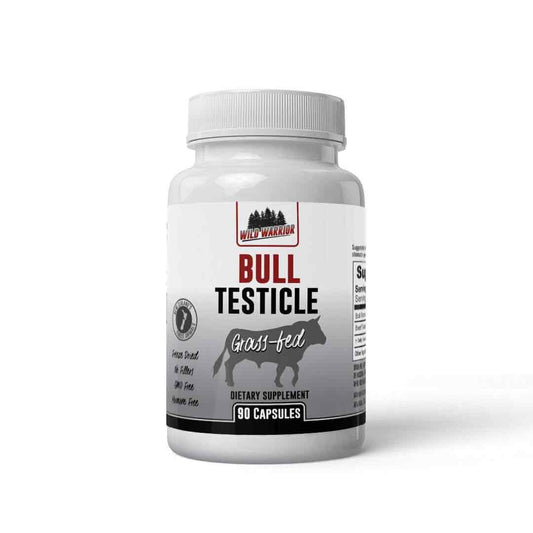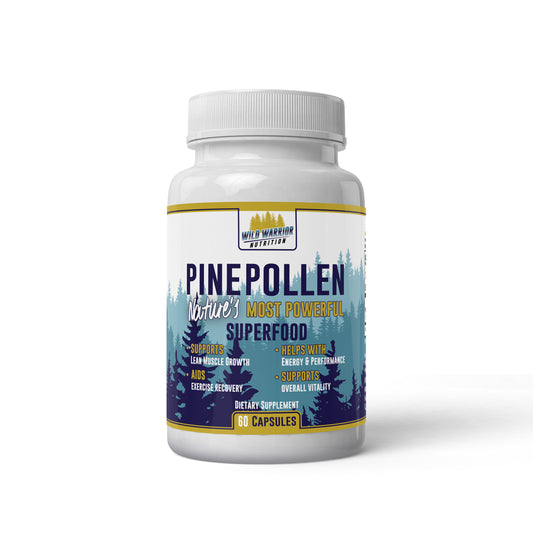When it comes to feeling your absolute best, Vitamin B12 is like the backstage crew of your body—it may not always steal the spotlight, but nothing runs smoothly without it.
This incredible nutrient is essential for energy production, brain health, nerve function, and the formation of red blood cells. But did you know that not all B12 is created equal? In fact, many cheap supplements contain a form of B12 that may be hard for your body or even dare we say harmful to some.
It is important to be aware of the two most common supplemental forms, cyanocobalamin, and methylcobalamin, so you can make the best choice for your health and wallet.
Why Does Vitamin B12 Even Matter?
Vitamin B12 is a water-soluble vitamin that plays a key role in keeping your body running like a well-oiled machine. It acts as a cofactor in DNA synthesis, neurotransmitter function, and even your body’s ability to form healthy red blood cells. Without sufficient B12, your energy levels plummet, brain fog creeps in, and your risk for anemia grows.
But the benefits don’t stop there. B12 also fuels methylation, a biological process that affects everything from detoxification to mood regulation. Think of a faulty methylation cycle as hitting every red light on a road trip—it slows everything down. That’s one reason why getting the right form of B12 for your body is so important.
What’s the Difference Between Cyanocobalamin and Methylcobalamin?
Both cyanocobalamin and methylcobalamin serve the same purpose—to raise your body’s B12 levels. However, the way they’re structured at a molecular level and how your body processes them are different.
Cyanocobalamin
Cyanocobalamin is the synthetic, laboratory-created form of Vitamin B12. It’s commonly found in fortified foods, multivitamins, and inexpensive B12 supplements. Here’s the kicker, though—this form contains a cyanide molecule (yes, cyanide!). Now, you don’t need to call the hazmat team.
The amount of cyanide is so tiny that your body can detoxify it easily, but this still makes you wonder why we’re putting unnecessary stress on our detoxification pathways. Also, though you may detoxify this molecule, no one knows what could happen if you take it every day; that is, could it accumulate and cause damage? No one really knows, so it is not worth the risk in our opinion.
Since cyanocobalamin isn’t naturally occurring in food, your body has to convert it into methylcobalamin or adenosylcobalamin—two bioactive forms your cells can actually use. This extra step can slow down your body’s ability to absorb and use it, especially if you’re already struggling with underlying health issues.
Who Uses Cyanocobalamin?
This form is more stable and cheaper to produce, which is why it’s the B12 of choice in mass-market supplements and fortified foods. Its lower price tag makes it accessible, but when it comes to absorption and bioavailability, it tends to lag behind.
In other words, your body may not be able to use very much of it at one time.
Methylcobalamin
On the flip side, methylcobalamin is the all-star, bioactive form of B12. This naturally occurring version skips the conversion process your body faces with cyanocobalamin—it’s already in the form your cells recognize and use right away.
Methylcobalamin actively supports nerve health, energy production, and DNA repair. Its "methyl" group also plays a vital role in methylation, that biochemical process we talked about earlier. If you're dealing with neurological symptoms like numbness or tingling, or if you need fast-acting energy support, methylcobalamin is hands-down the better choice.
Why Your Genes Might Favor Methylcobalamin
Here’s where things get really interesting. If you have common genetic mutations in your MTHFR (methylenetetrahydrofolate reductase) gene, your body struggles with methylation even more. Around 40% of people have this genetic hiccup, which makes methylcobalamin a far more efficient and effective option.
Absorption and Bioavailability
One of the biggest differences between these two forms of B12 is their bioavailability—how easily your body absorbs and uses them. Methylcobalamin displays superior tissue retention, meaning your cells grab onto it quicker and hold onto it longer. This makes it particularly effective for individuals dealing with energy issues.
Cyanocobalamin, while still useful, often gets partially excreted before your body has had the chance to convert and utilize it. And if your digestive system isn’t at its best (hello, gut inflammation or low stomach acid!), cyanocobalamin’s efficiency drops even further.
Health Benefits of Methylcobalamin
Methylcobalamin stands out for its neuroprotective effects. Studies have shown it protects nerve cells and supports brain health, making it highly beneficial for conditions like peripheral neuropathy or even early cognitive decline. It’s also the go-to for boosting energy levels in a way that doesn’t rely on caffeine or sugar spikes.
And, unlike cyanocobalamin, methylcobalamin doesn’t burden your detoxification pathways. Subtle wins like this matter over time—preserve your cellular energy for activities that truly support better health instead of wasting it on unnecessary processes.
Which One is Right for You?
Note: Always consult with a wellness professional or licensed healthcare provider before making significant changes to your supplement routine.
Sources:
- Byerley LO, Leung A. "Vitamin Essentials in Human Health." Nutrition Reviews, vol. 73, no. Suppl_2, 2015, pp. 1–7.
- Ragsdale SW. "Vitamin B12 and Its Role in Biochemical Processes." Annual Review of Nutrition, vol. 28, no. 1, 2008, pp. 115–136.
- Smith AK, Das A. "Bioavailability of Methylcobalamin vs Cyanocobalamin." Current Aging Science, vol. 12, no. 1, 2019, pp. 15–21.





